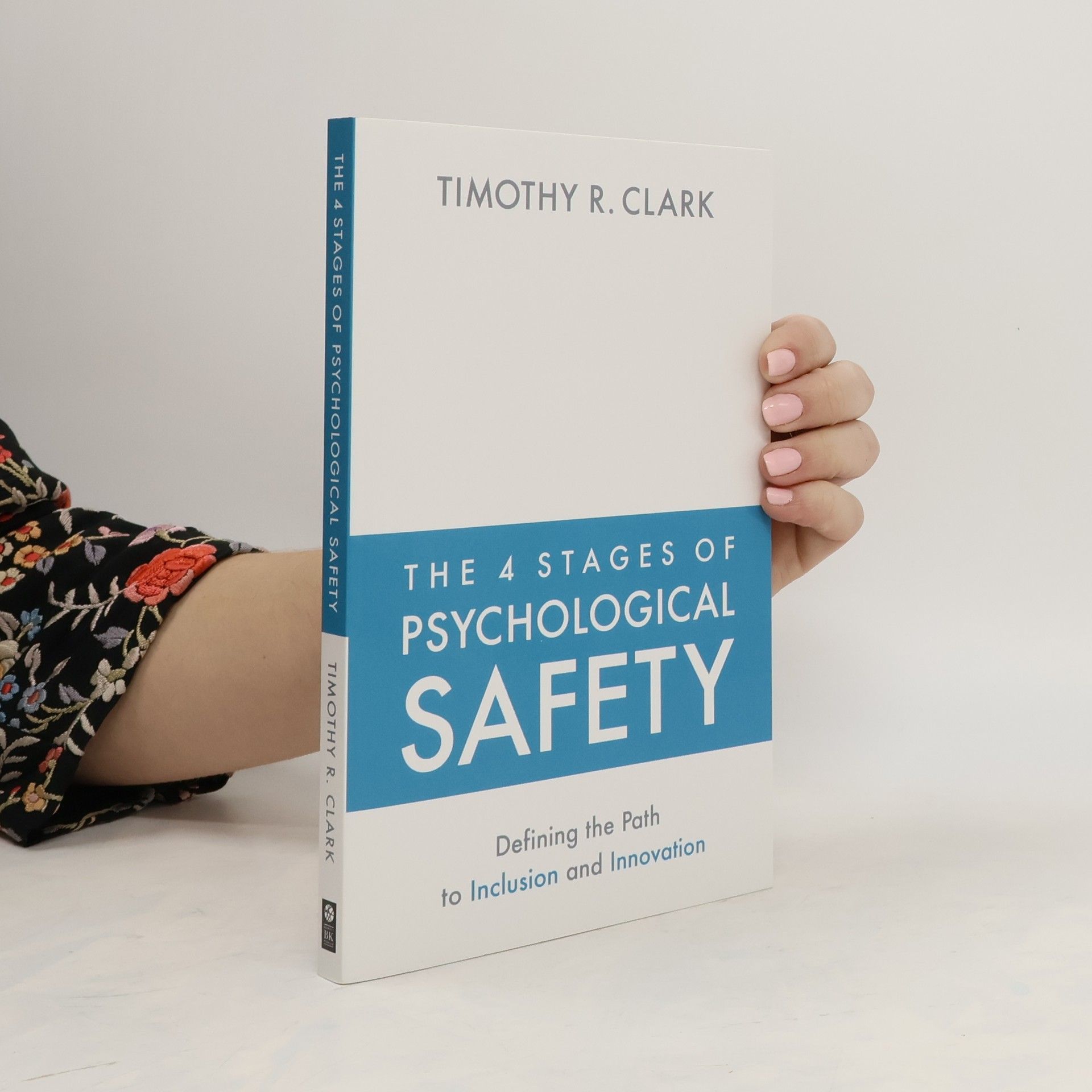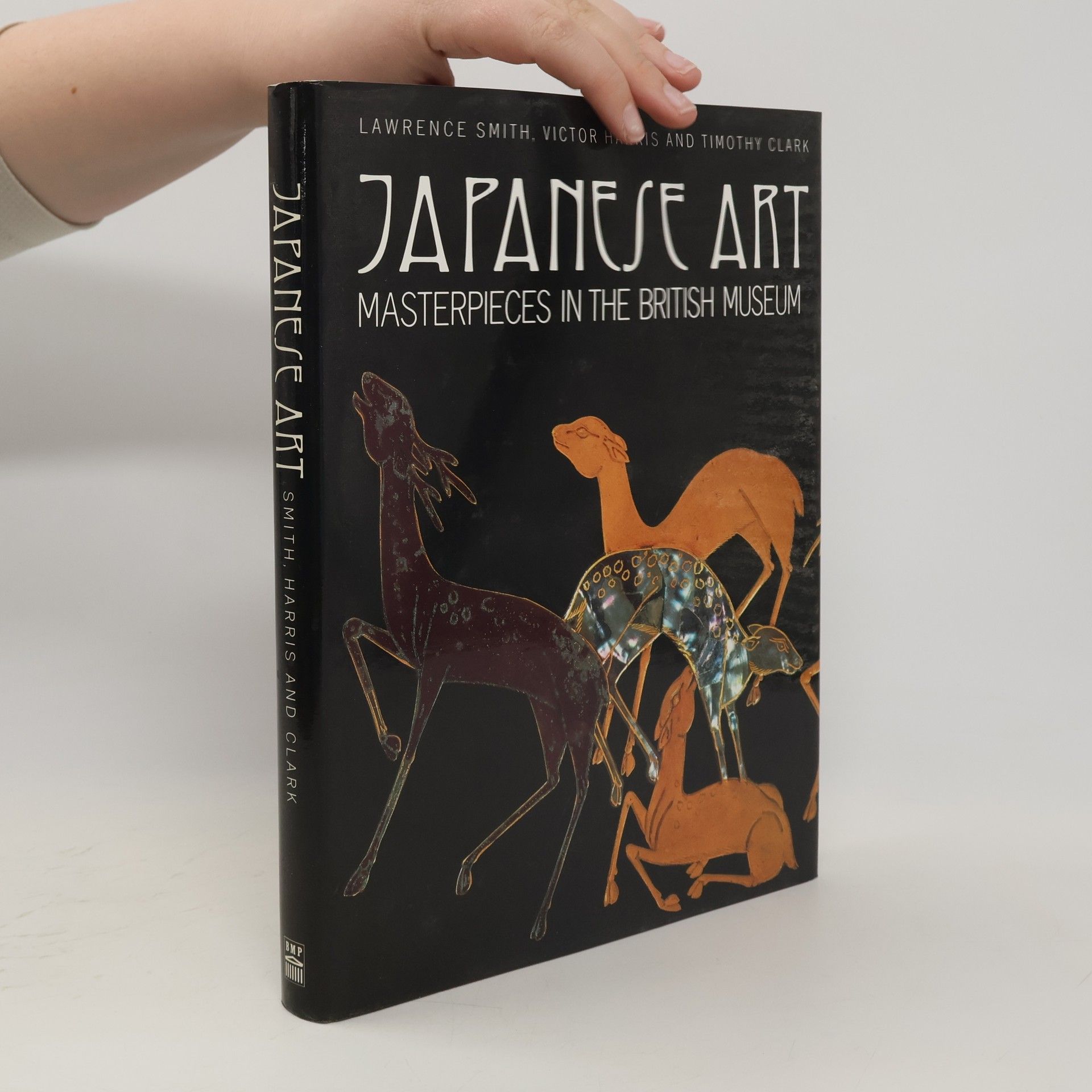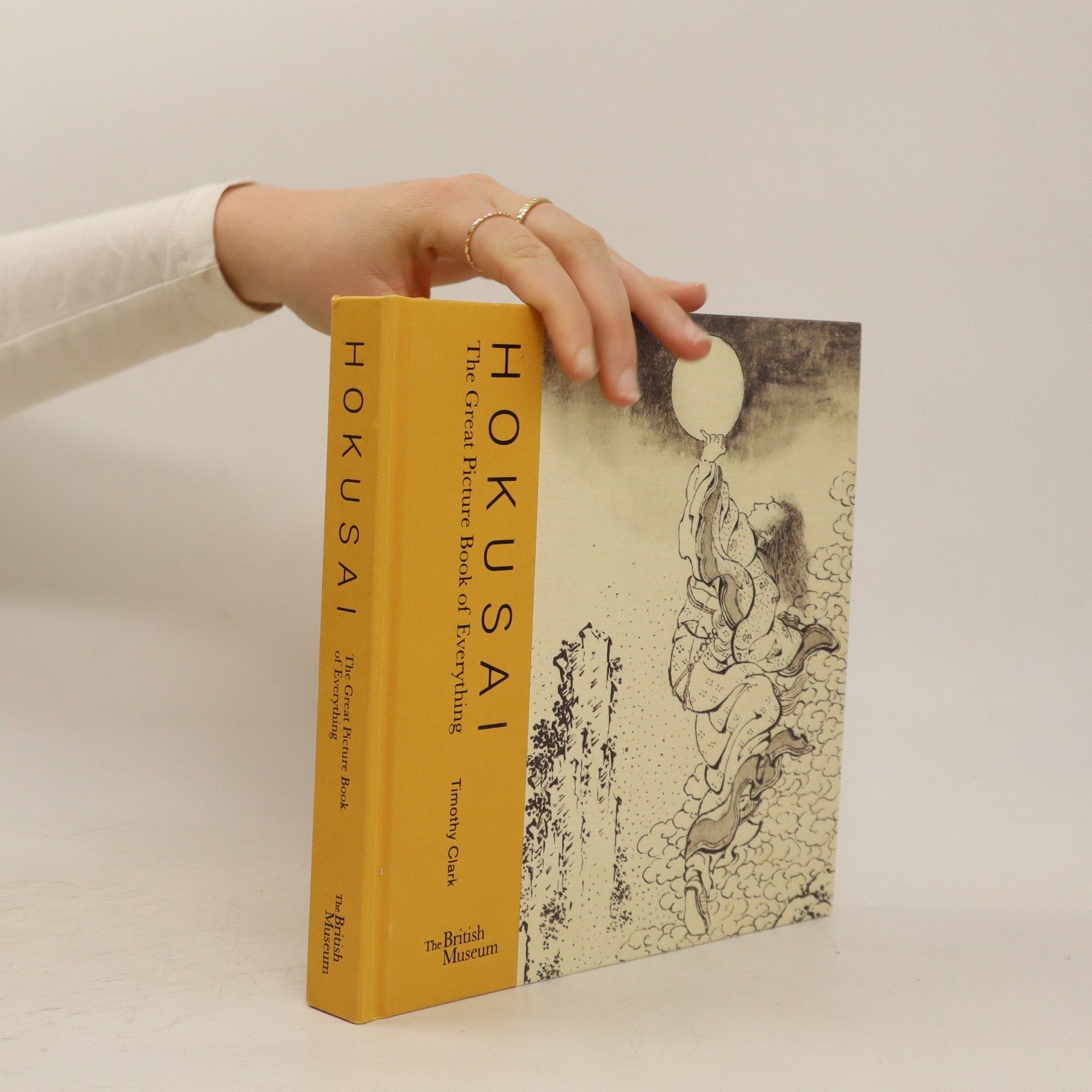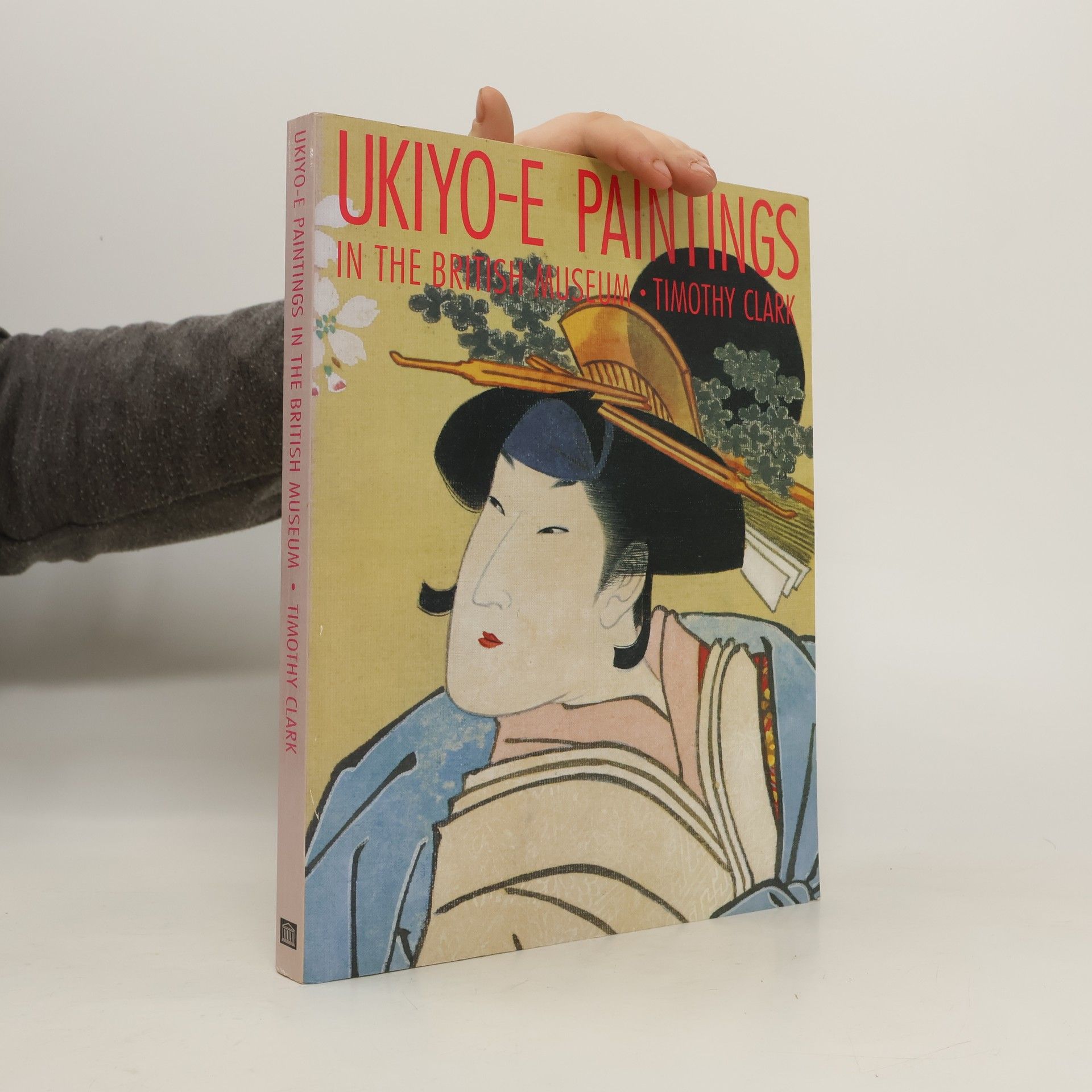This beautifully produced book draws on the latest research, illustrating the complete set of drawings, published for the first time.
Timothy Clark Books
Timothy Clark is a specialist in Romantic and post-Romantic poetics. His work delves into the core concepts and stylistic approaches of poets, exploring their sources of inspiration and literary techniques. Clark's profound insights into poetics offer readers a unique perspective on the evolution of literary thought.






This guidebook provides an ideal entry-point for readers new to Heidegger, transforming it from a daunting task into an exciting and necessary challenge.
Japanese Art
Masterpieces in the British Museum
Hokusai's Great Wave
- 64 pages
- 3 hours of reading
'The Great Wave' is a colour woodblock print designed by Japanese artist Hokusai in around 1830. The print, of which numerous multiples were made, shows a monster of a wave rearing up and about to come crashing down on three fishing boats and their crews. One of a monumental series known as 'Thirty-six views of Mount Fuji', Hokusai's Great Wave - with the graceful snow-clad Mount Fuji on the horizon, unperturbed but wittily dwarfed by the towering strength of the wave that threatens to engulf the struggling boats - has become an iconic image of the power of nature and the relative smallness of man. One of the most famous pieces of Japanese art, this extraordinary artwork has had a huge impact worldwide and has served as a source of inspiration to artists, both past and present. This beautifully illustrated book explores the meaning behind Hokusai's Great Wave, in the context of the Mount Fuji series and Japanese art as a whole. Taking an intimate look at the Wave's artistic and historical significance and its influence on popular culture, this concise introduction explains why Hokusai's modern masterpiece had such an impact after its creation in 1830 and why it continues to fascinate, inspire and challenge today.
The 4 Stages of Psychological Safety
- 192 pages
- 7 hours of reading
"This is the first practical, hands-on guide that shows how leaders can build psychological safety in their organization, creating an environment where employees feel fully engaged and encouraged to contribute their best ideas"-- Provided by publisher
Business Model You - The One-Page Way to Reinvent Your Work at Any Life Stage 2nd Edition
- 256 pages
- 9 hours of reading
Julian Opie
- 151 pages
- 6 hours of reading
Julian Opie (*1958 in London) zählt mit seiner unverkennbaren, an Comics geschulten Bildsprache seit über zwei Jahrzehnten zu den bedeutendsten Protagonisten der britischen Gegenwartskunst. Von Beginn an arbeitet er überaus erfinderisch an der Erweiterung der künstlerischen Ausdrucksmittel: Früh überschreitet er die Gattungsgrenzen zwischen Malerei und Skulptur, indem er etwa bei seinen Stahlobjekten die verwendeten Alltagsgegenstände bemalt. Durch Experimente mit der digitalen Bildtechnik gewinnt der Künstler Unabhängigkeit vom klassischen Bildträger und findet – auf Postkarten, Stickern oder Plattencovern – einen direkten Zugang zum angewandten Bereich. Seit einigen Jahren entstehen auch bewegte Bilder, die häufig mittels LCD- und LED-Technik generiert werden. Der Band versammelt eine repräsentative Auswahl an Porträts, Halbfiguren, eine neue Serie, die Motive aus barocken Bildnissen aufgreift, sowie erstmalig Zeichnungen zu diesem Thema. Ausstellung: MAK Wien 11.6.–21.9.2008
The Value of Ecocriticism
- 194 pages
- 7 hours of reading
This book offers a brief, incisive and accessible overview of the fast- changing field of environmental literary criticism in a bewildering age of global environmental threat. It will be a key resource for students, graduates and scholars working in the area of literature and the environment.
A comprehensive overview of the arguments in environmental criticism, first published in 2011.

